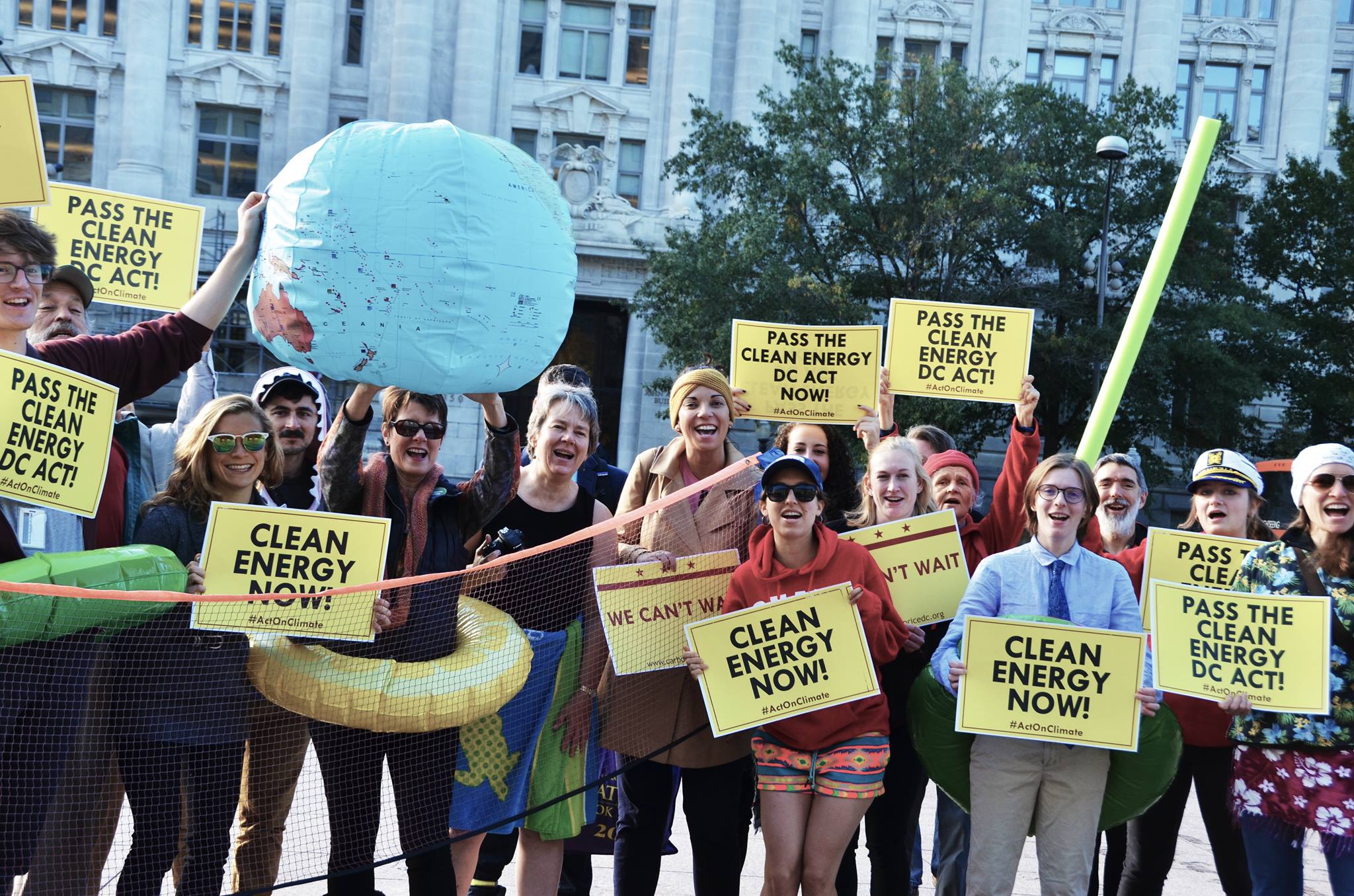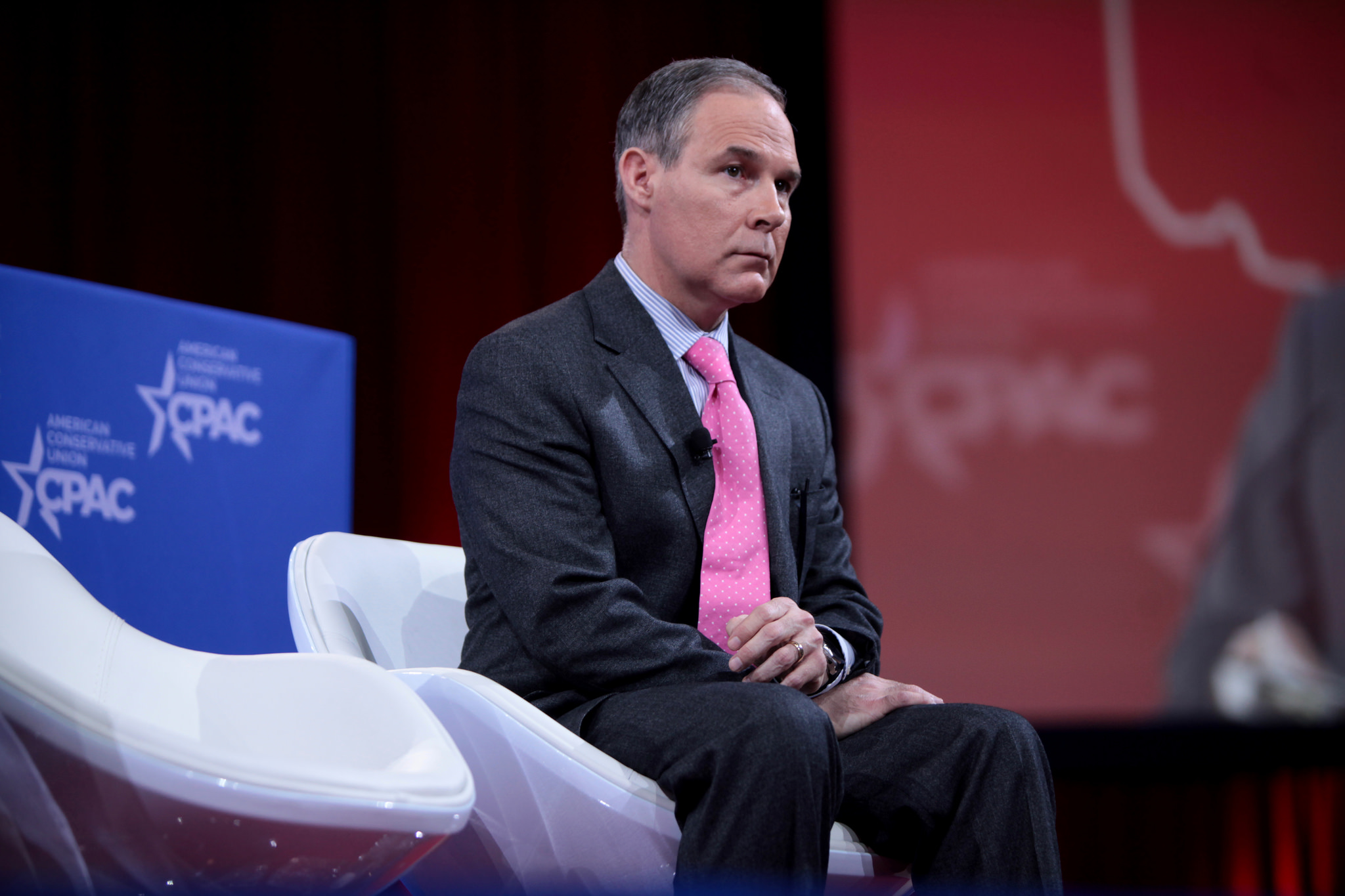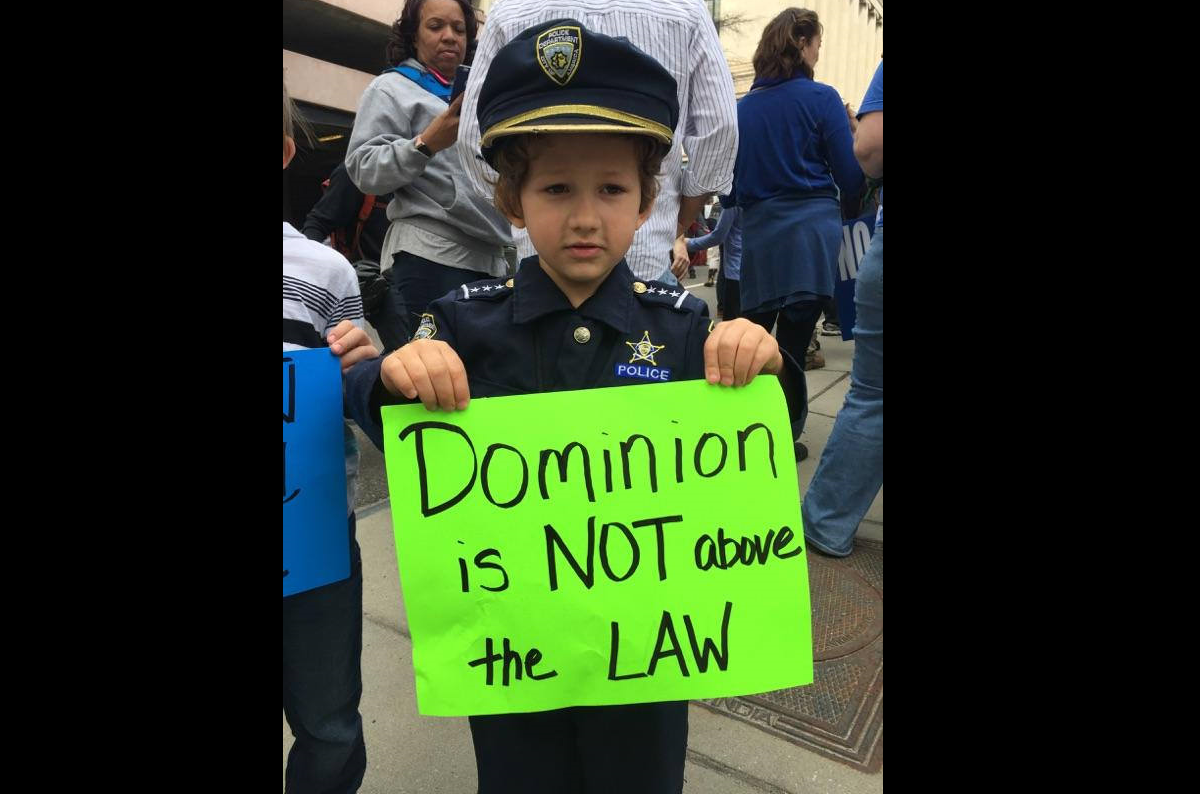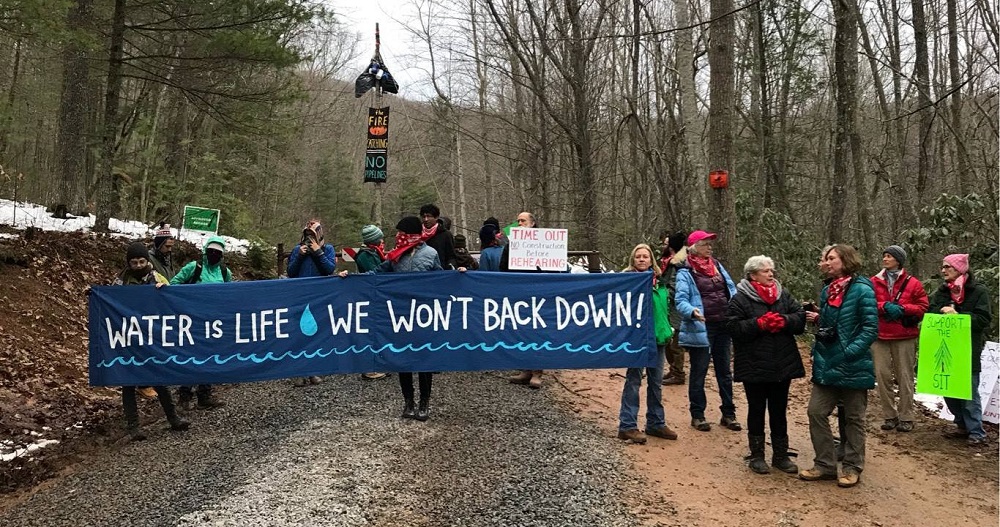Community Leaders Accuse Dominion Energy of Blatant Environmental Racism Over Controversial Compressor Station for Fracked Gas
RICHMOND, VA — Today, the Virginia Air Pollution Control Board voted 4-0 to approve the “Minor Source Construction Permit” for the gigantic and deeply harmful Atlantic Coast Pipeline compressor station in Buckingham County, Virginia. The proposed 54,000-horsepower compressor station — situated a short distance from the homes of the descendents of freedmen in the community of Union Hill — would run 24 hours a day and constantly fill the community with loud noise that is comparable to a jet engine. Facilities like this pollute the air with nitrogen oxides, carbon monoxide, volatile organic compounds, and particulate matter and are linked to severe respiratory and cardiovascular ailments, as well as cancer. This compressor station is needed to keep gas flowing through Dominion’s controversial $7-billion Atlantic Coast Pipeline.
This decision comes after weeks of controversy surrounding the Northam Administration’s actions. After the Board decided to delay its vote for more time to study this harmful project, Governor Northam removed two members of the board from their appointments. These members were critical of this project and the Atlantic Coast Pipeline. The new appointees were not seated, and one Board member removed himself from the vote due to a conflict of interest. As such, just four of the seven board members voted today.
Harrison Wallace, Virginia Director of CCAN, stated in response:
“Today, Governor Northam officially took ownership of the Atlantic Coast Pipeline and the Buckingham Compressor station, which includes elements of environmental racism. Working with his controversial DEQ on behalf of a deeply controversial fossil fuel company, Northam clearly tipped the scales in favor of approval of this compressor station. Just weeks ago, Northam took the unprecedented step of removing two board members who appeared to be prepared to vote against it. The governor’s interference sent a clear message to the surviving four board members to vote in favor of Dominion’s proposal. We will never know how the Board would have voted if Northam hadn’t meddled during its decision-making process, but what was clear — to Virginians and to the Board members — was that the governor’s thumb was firmly on the scale in favor of approval.
“His decision to remove two members of the Air Pollution Control Board was a complete reversal from his promise to stay out of the process and will be viewed by historians as a finger on the wrong side of the scale of justice.
“The people of Union Hill and Buckingham County have the right to walk out of their homes and breathe healthy air. This decision will infringe upon that right for a generation. Make no mistake about it: this project is neither a ‘minor’ nor a ‘new’ idea. The mere fact that Dominion has remained set on this community of freedmen as the ideal location of their compressor station should go in the dictionary as the definition of environmental injustice.
“CCAN will be exploring our legal options moving forward. If we listen to the science, the political momentum and the people of Union Hill, there is not one legitimate reason to allow this project to continue.”
More information:
Since the day this project was announced, community advocates in Union Hill have sounded the alarm on environmental justice concerns. Scores of concerned citizens have rallied and protested across the state in opposition of these projects. Hundreds turned up in Buckingham County to give public comment against the project. Thousands more sent written comments to the DEQ which requested the agency deny the permits. Yet no matter how many Virginians said this was a bad idea, Dominion continued pushing for this location.
In November, Dominion Energy announced its intention to spend over $5 million on improvements for Buckingham County if the ACP is completed successfully. This package is a cynical and transparent attempt by the company to essentially pay off county leaders in exchange for the health and wellbeing of county residents. The Union Hill community is a rural, low-income, mostly African-American community where residents are less likely to have the resources to pursue legal challenges.
This decision comes just weeks after the world’s top scientists at the Intergovernmental Panel on Climate Change issued a dire warning for the world to move away from dangerous fossil fuels at a rapid pace.
CONTACT:
Denise Robbins, Communications Director, denise@chesapeakeclimate.org, 608-620-8819
Harrison Wallace, Virginia Director, harrison@chesapeakeclimate.org, 804-305-1472
###

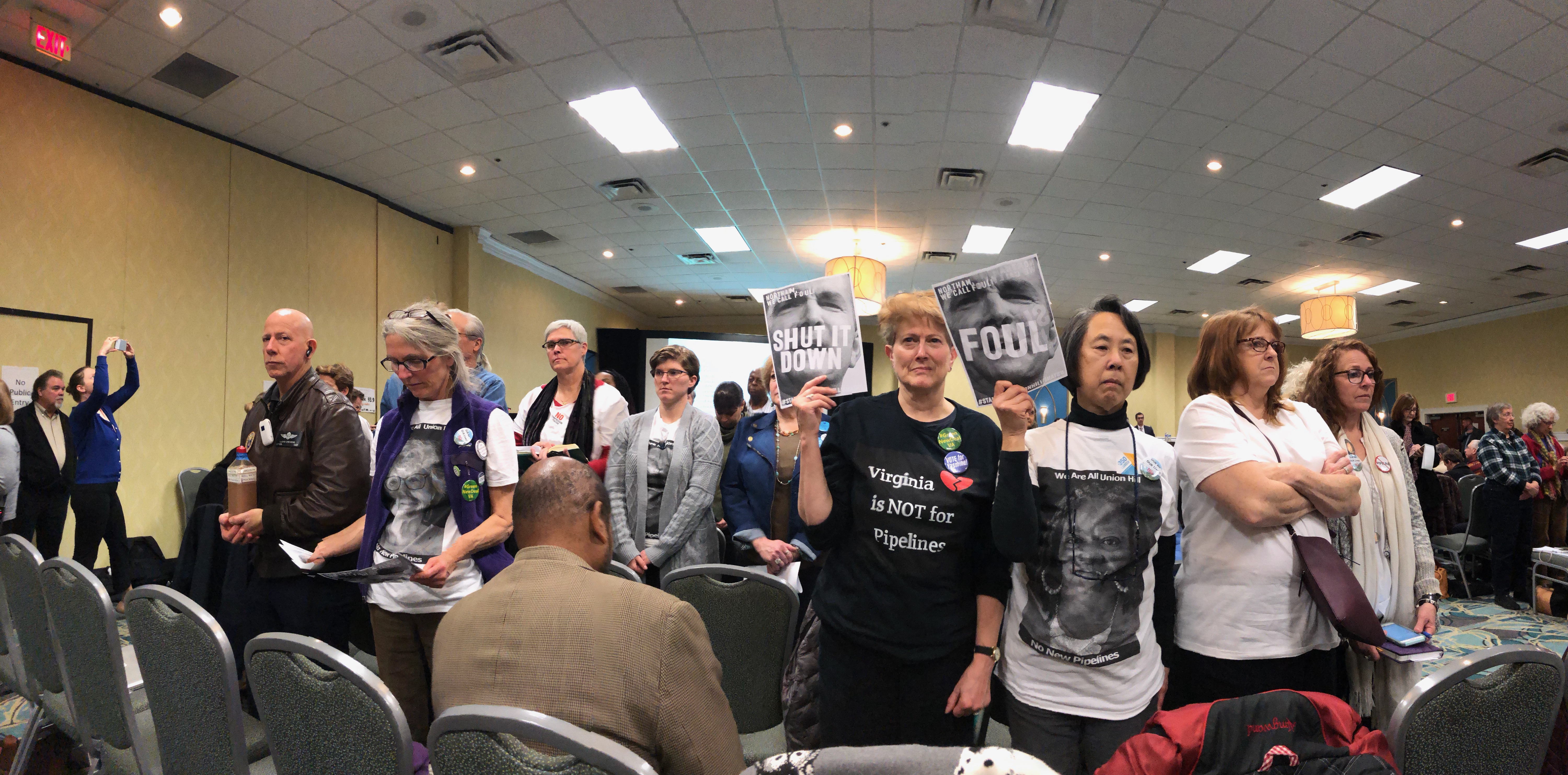
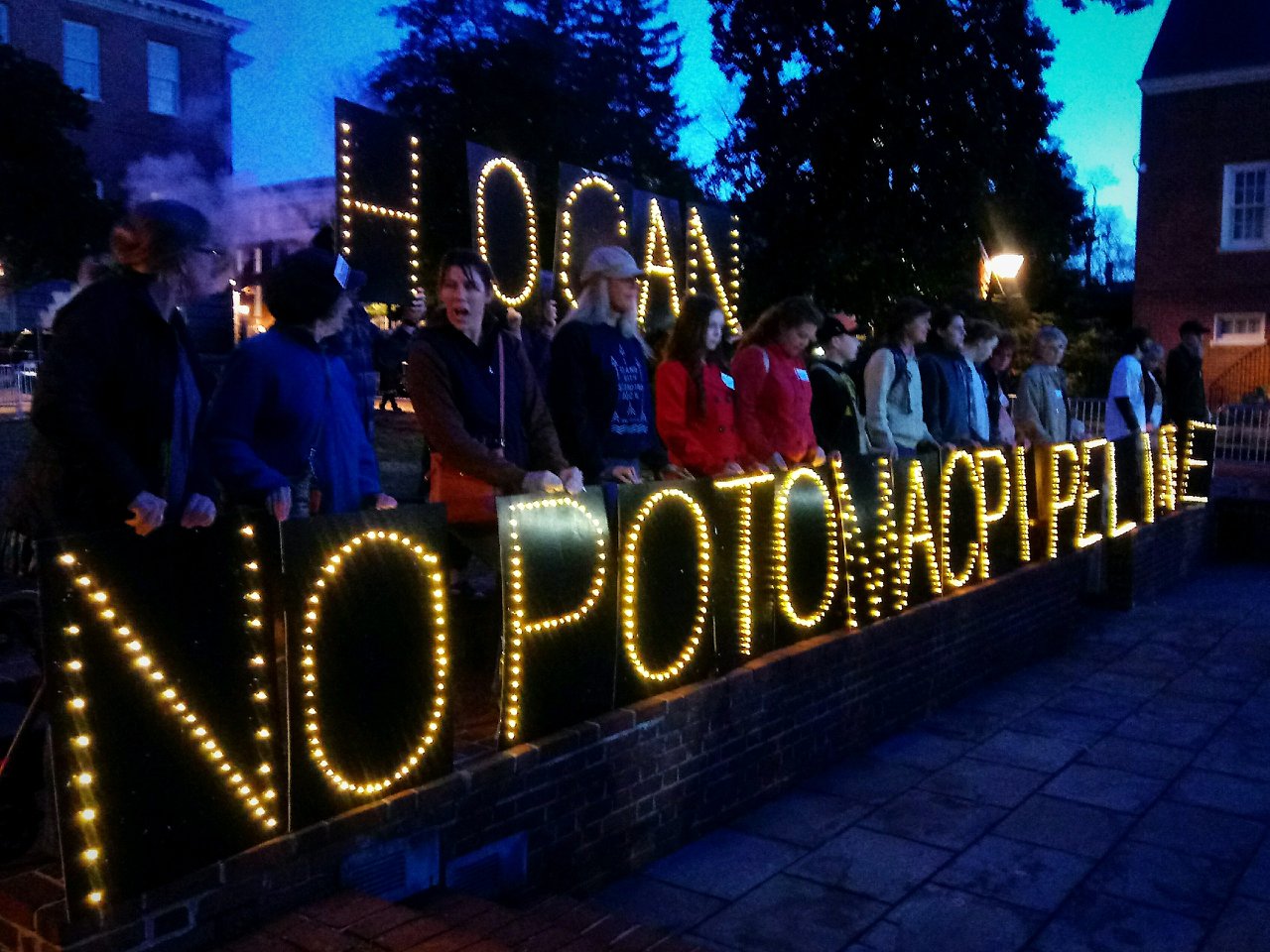





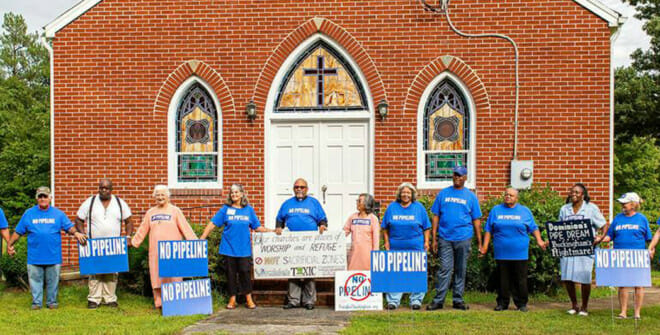
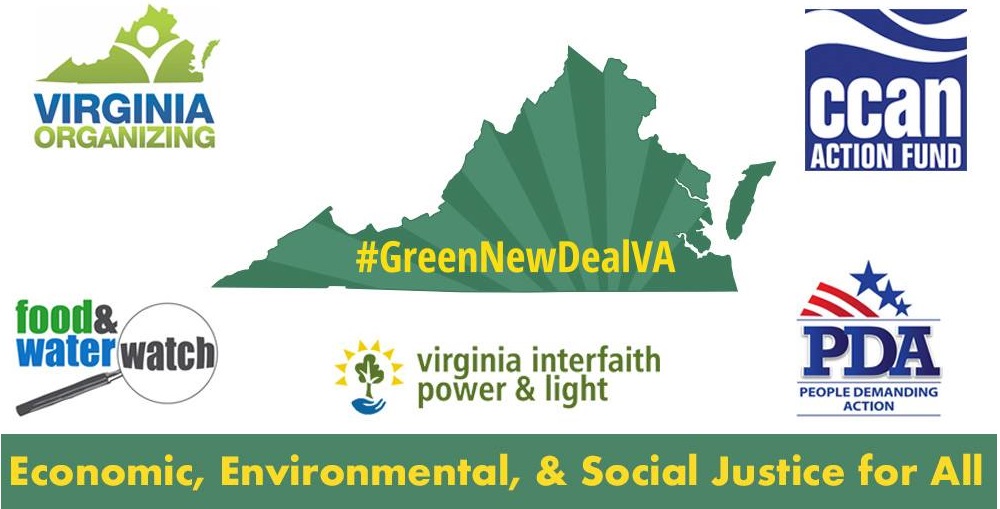
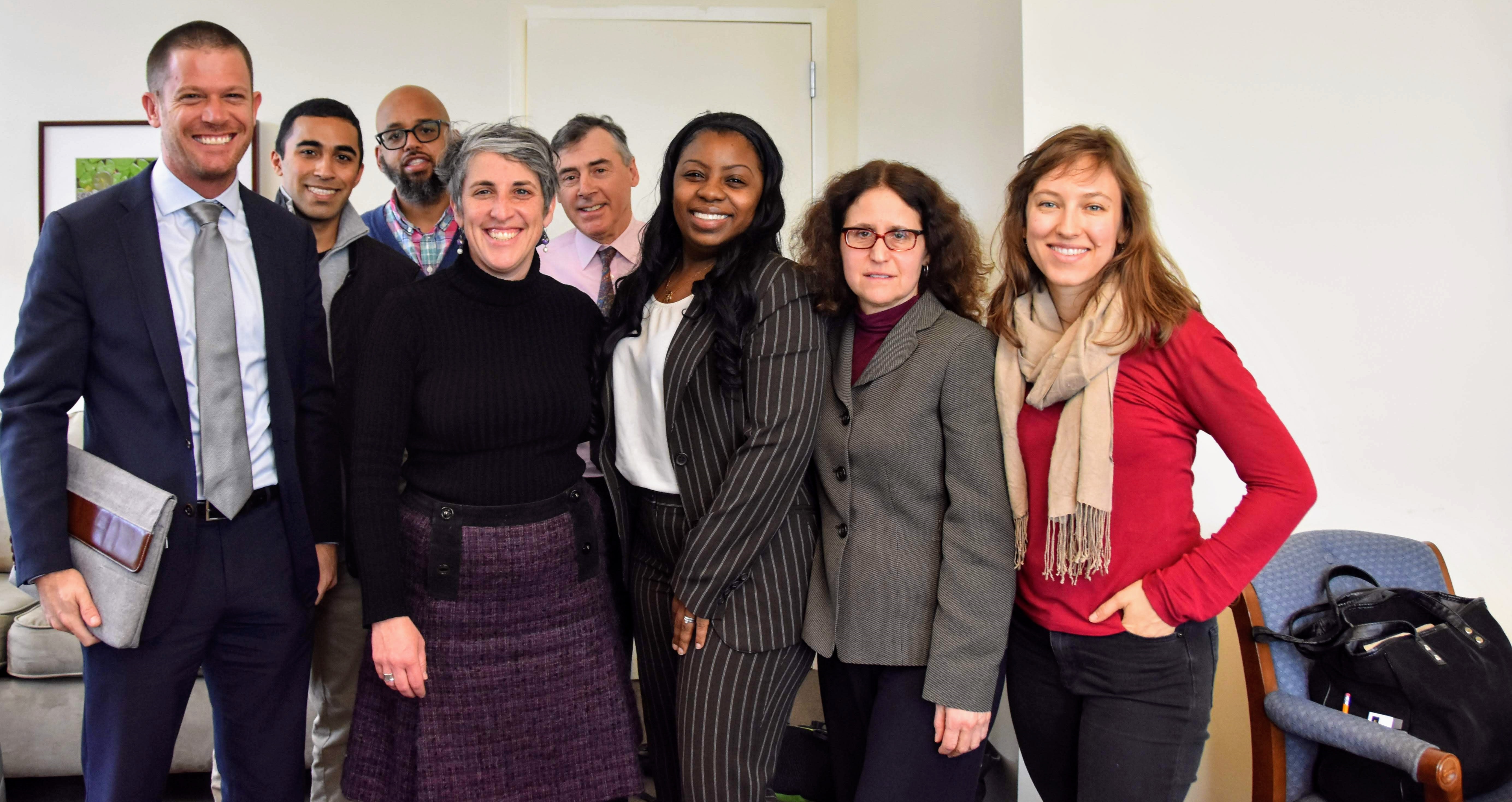
 Camila is the DC campaign director for the Chesapeake Climate Action Network, and has been at the heart of the movement behind what will soon become the strongest climate bill in the country. She coordinated and led the “DC Climate Coalition,” which is made of more than 110 environmental and justice advocacy organizations, faith groups, unions, consumer advocacy organizations, D.C. businesses, and more. Here’s her story.
Camila is the DC campaign director for the Chesapeake Climate Action Network, and has been at the heart of the movement behind what will soon become the strongest climate bill in the country. She coordinated and led the “DC Climate Coalition,” which is made of more than 110 environmental and justice advocacy organizations, faith groups, unions, consumer advocacy organizations, D.C. businesses, and more. Here’s her story. What brought you to CCAN and the campaign in DC?
What brought you to CCAN and the campaign in DC?  How did that morph into what the campaign is today?
How did that morph into what the campaign is today? 
 I also loved
I also loved 
